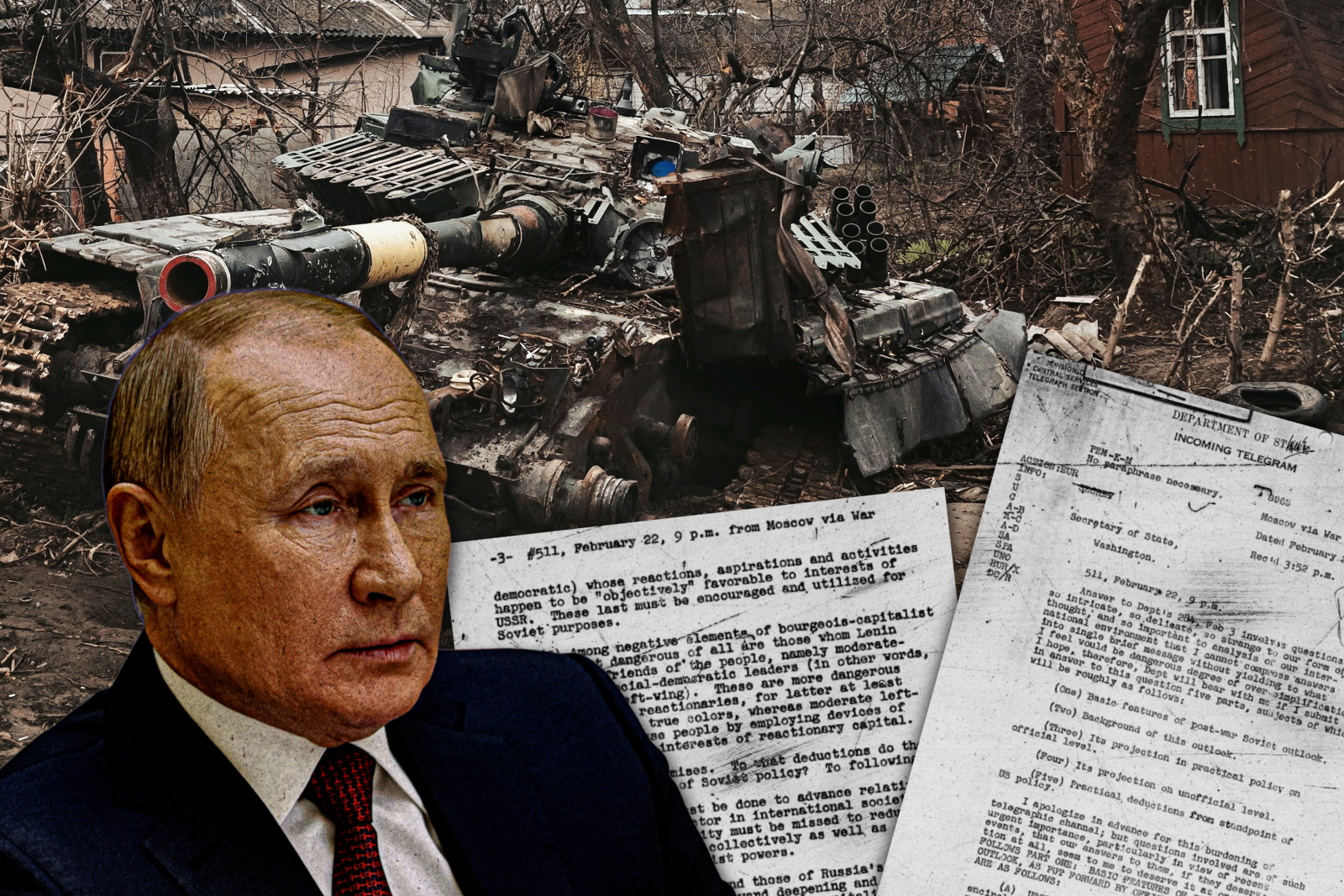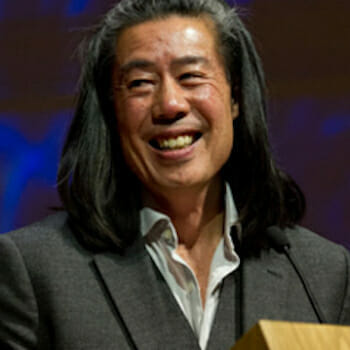
Applying Kennan’s ‘Long Telegram’ to Putin’s Russia
Over 77 years ago on February 22, 1946, George Kennan wrote a 5,000-word telegram from the Soviet Union – where he was stationed as a U.S. diplomat – urging a policy of containment against the Soviet Union. It helped established the Truman Doctrine whereby a Cold War was inaugurated that lasted until the dissolution of the Soviet Union in 1991.
Although Kennan’s dispatch has become a legendary, it is important for two reasons. The first is that Kennan went on to author a lengthy memoir which set his actions in context. Secondly, at the end of 1948, Kennan had changed his position to one where dialogue was possible with the Soviets. However, by this time, the Truman Doctrine was set in stone and Kennan’s influence drastically declined.
In late February, David Manning, a former senior UK diplomat stationed in Moscow, and Jonathan Powell, a former British diplomat and Tony Blair’s Chief of Staff, authored an opinion piece in the Financial Times. Although somewhat shorter than Kennan’s 5,000-word telegram, the authors reflect on what a new ‘telegram’ should say.
The piece centred on the need to ensure that Ukraine emerges victorious in its war against Vladimir Putin’s Russia. Without directly engaging with Russia, NATO, Western Europe, and the United States need a new containment strategy with Russia. As with Kennan, the authors couched the struggle as an existential one, a struggle to ensure that Western democracy prevails.
Three things need to be said here. The first is that Vladimir Putin is no Joseph Stalin. Stalin was at the height of his conventional military power. Proven and bloodied from the Second World War, the fall of Nazi Germany was largely due to Russian sacrifices on the Eastern Front. The Soviets reached Berlin first. By contrast, if there is one thing Putin has done, it has been to alert the world to the antiquity of Russian military strategy and capacity. The invasion of Ukraine could not have been conducted in a more clumsy fashion. If Stalin had been leading Russia today, he long ago would have dispatched Putin for his ineptitude.
The second is that after the dissolution of the Soviet Union, the economic chaos of Russia was such that it created a vacuum. NATO was sucked into the vacuum as much as planning to enter it.
The third is that Putin lives in the past. With the possible exception of Crimea, Ukraine and much of the rest of Europe has moved on and evolved. As for Crimea, Europe has been at war with Russia over that piece of territory for a very long time – witness Tennyson’s poem The Charge of the Light Brigade. But the rest of Ukraine is a different story.
But the dilemma for NATO and the United States is how to ensure Ukraine doesn’t lose without direct engagement.
Arming and training Ukrainian forces comes dangerously close to direct participation in the conflict. But risks, as Manning and Powell rightly point out, must be accepted. This makes the world a very dangerous place. It means a new Cold War that entails constantly walking to the edge of a cliff whenever a conflict breaks out involving Russia and countries the West deems essential.
This makes the present situation very different from that of 1976 when the Cold War was very much still alive and kicking.
In 1976, the great powers went ‘hot’ in Angola with Soviet-supported Cuban and U.S.-supported South African forces clashing in conventional tank warfare in Angola. The Cubans won that one. Similarly, in 1988, the Cubans again in Angola defeated a South African military and precipitated the collapse of the hardline apartheid government, with de Klerk assuming the presidency and the eventual release of Nelson Mandela in 1990.
Given lingering memories of the Cold War, many African countries have refused to condemn Russia’s invasion of Ukraine.
What any new ‘telegram’ must do is recognise that there is a battle for hearts and minds far beyond Europe. The U.S. supported the apartheid government. This is remembered alongside the memory of Soviet and Cuban help as Europe’s Cold War went hot in Africa.
The diplomatic outreach needed to isolate Putin’s Russia doesn’t just need the step-by-step detachment of China from Russia, but the detachment of much of the rest of the world where the Cold War as active memory never really went away.
